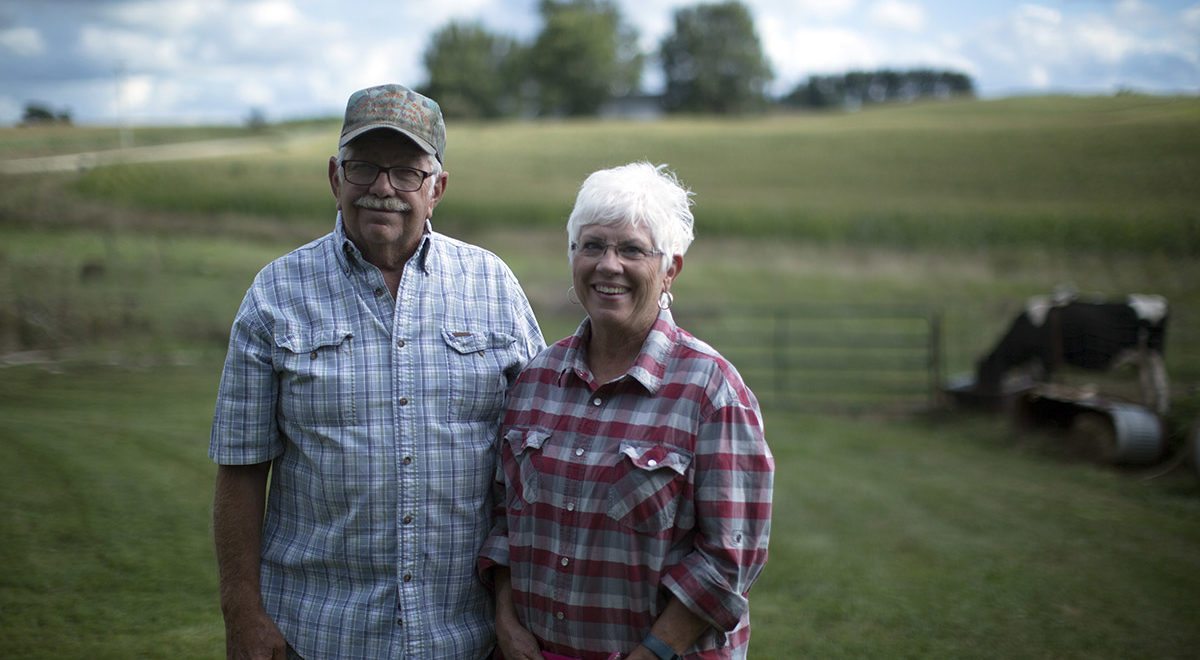Stopping climate change means transforming the model of both energy and the economy that relies on extraction, of both natural and human resources. Unfortunately, so many of the “solutions” to climate change – particularly bioenergy – are just technical changes that maintain the underlying extractive model. And because they are often marketed as “green” alternatives, marketing which hides the destruction they bring to rural communities and the climate, we call them “false solutions.”
Next Wednesday, we’re bringing to light the dangers of false solutions like bioenergy and imagining real solutions that work for both rural economies and the environment. We’ll be screening two new short films that we produced, “Get Big or Get Out” and “The Mighty Buck”, which tell the stories of farmers in Iowa struggling against agribusiness. Our films will be shown alongside a new documentary, “BURNED: Are Trees the New Coal?”, which exposes the false claims of the biomass energy industry. These are important films for everyone who cares about the climate and social justice, and they point to the kind of activism and solutions that we need to overcome this crisis.
Exposing Bioenergy for what it Is
Biofuels rely on the industrial, monocrop production of food crops like corn, soybeans, and sugarcane to be turned into fuel, and biomass energy relies on monocrop tree plantations to produce cheap wood for burning. In both cases, supposedly “green” fuels come from a model of economic extraction that is incredibly destructive of the environment, including emissions contributing to climate change.
This model of energy production is also extractive of people and communities. Farmers continue to be squeezed by agribusiness, and the expansion of the biofuels industry is doing little, if anything, to help them. Ethanol and biodiesel companies are part of big agribusiness, whose economic domination over farmers has destroyed rural communities, leaving behind dying towns and vacant main streets. Likewise, many rural forest communities think that biomass energy factories will bring jobs, but the economic benefit is never enough to give communities the economic stability they deserve. The companies that operate the factories are the ones that ultimately benefit. Moreover, any economic benefit is often offset by environmental pollution that endangers communities’ health.
It’s critical to expose these false solutions for what they are. But stopping climate change also requires understanding the realities of, and building alliances with, the people whose livelihoods depend on the land and the forests – farmers and other rural people. What we need is a “just transition,” so that we can transition away from an economy based on natural resource exploitation and extraction, but so that we can also provide good jobs and livelihoods for people that steward the land and harvest our natural resources.
A great deal of thinking is already being done, by labor unions and other allies, about what a “just transition” should look like for workers in industries that need to transform in the face of the climate crisis – the classic example being coal miners. Less thinking has been done about the rural just transition that is equally necessary. We hope to contribute to the conversation that’s beginning on this issue at next Wednesday’s event.



